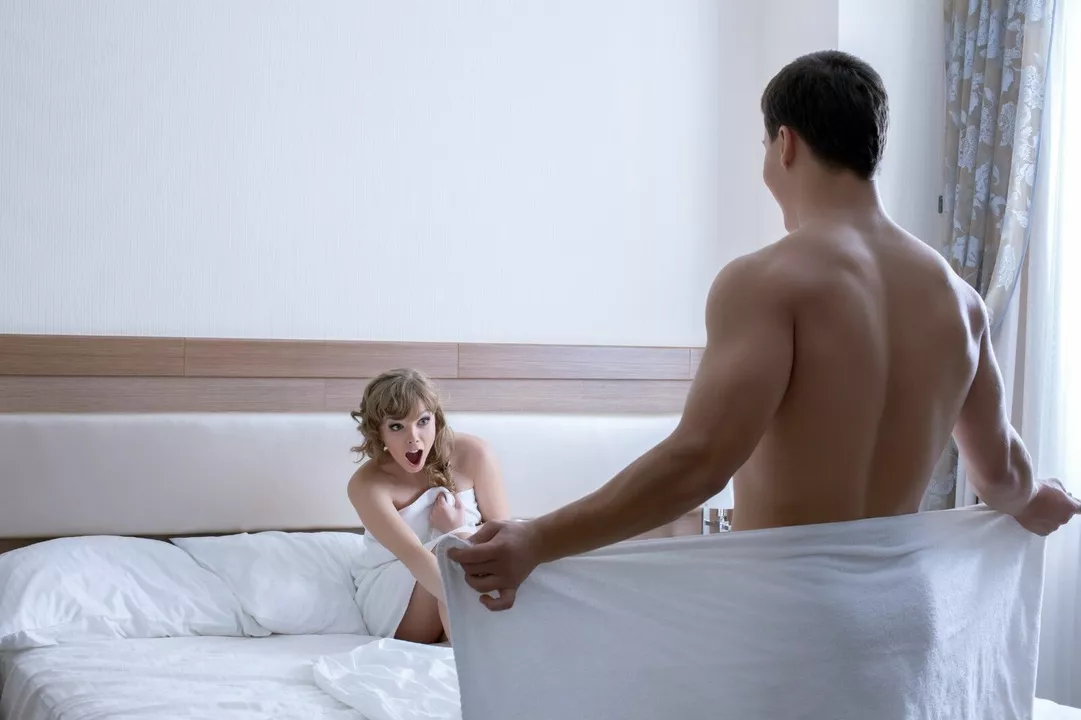Low libido: practical steps to boost your sex drive
Feeling less interested in sex can be confusing and frustrating. Low libido isn’t a moral failing or something you just have to live with. Often it has clear, fixable causes—stress, sleep loss, medications, hormones, or relationship issues. Start with small changes and a plan so you don’t waste time guessing.
Common, fixable causes
Stress and poor sleep lower libido quickly. Your brain needs rest to produce sexual desire. Aim for consistent sleep and try a short wind-down routine before bed. Alcohol helps some people relax but kills desire in others—notice how one or two drinks affect you.
Medications often reduce sex drive. Antidepressants, some blood pressure meds, antipsychotics, and hormonal meds can blunt libido. If you recently started a drug and your interest dropped, bring it up with your prescriber.
Hormones matter. Low testosterone in men and low estrogen in women (especially around menopause) can cut desire. Thyroid problems and high prolactin can do the same. Chronic illnesses like diabetes or long-term pain also change how you feel about sex.
Relationship and emotional factors are common and easy to miss. Ongoing conflict, lack of intimacy, or body-image worries drain desire. Talking with your partner about small, non-sexual closeness—like a daily 10-minute check-in—often helps libido return.
Simple fixes you can try this week
Sleep: prioritize 7–9 hours. Good sleep often reverses low libido faster than anything else. Move evening screens away from the bedroom and keep lights low before bed.
Move daily: 30 minutes of moderate activity most days lifts mood, improves blood flow, and supports hormones. Add two short resistance sessions each week to boost strength and confidence.
Cut back on late-night alcohol and nicotine. Both can reduce arousal and performance. Try two alcohol-free nights a week to test the effect.
Nutrition and supplements: focus on whole foods, protein, and vitamin D. Zinc and magnesium are tied to hormone health, but check with a clinician before starting supplements.
Small intimacy routines: schedule 10–15 minutes of undistracted time with your partner—no phones, no pressure. A gentle touch or massage can restart desire without needing full sexual activity.
When to see a doctor: if low libido lasts more than a few months, starts suddenly, or comes with mood changes, pain during sex, or energy loss, see your primary care doctor. Ask for basic labs: testosterone (if male symptoms), estradiol or menopausal markers (if female), TSH, and a check on medications that could affect libido. Bring notes on sleep, alcohol, mood, and relationship stress—those details help more than vague complaints.
Treatments range from changing medications to hormone therapy and counseling. Sex therapy or couples therapy can be as effective as medical treatments for many people. If hormones are involved, your doctor will explain safe options and monitoring.
Low libido is common and treatable. Start with sleep, movement, and a short honest conversation—either with your partner or your doctor. Small steps often deliver big changes.
The impact of chronic pain on low libido and sexual function
In my recent research, I've discovered that chronic pain can have a significant impact on one's sexual function and low libido. It's disheartening to learn that those suffering from persistent pain may also experience a decline in their sex drive and overall enjoyment of intimacy. The pain itself, along with the emotional toll it takes, can make it difficult for individuals to engage in sexual activities or even feel a desire to do so. Additionally, certain medications used to manage chronic pain may further contribute to low libido. It's important for those affected to communicate openly with their partners and healthcare professionals to find solutions that can help improve their quality of life.
VIEW MORE
